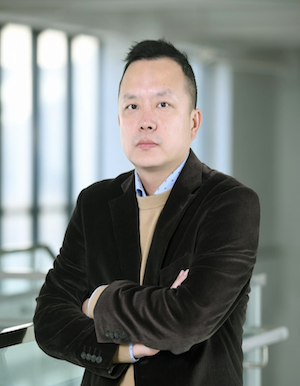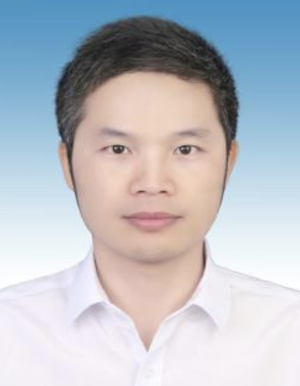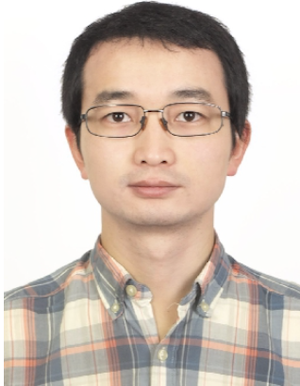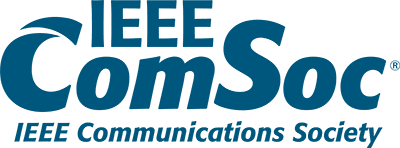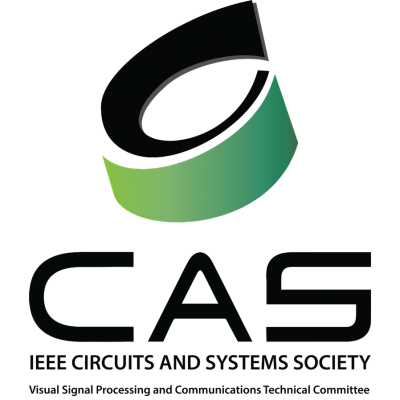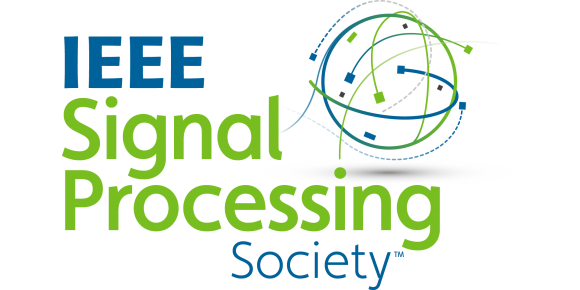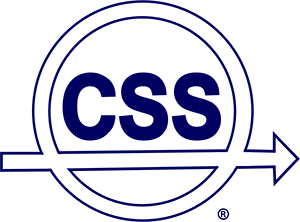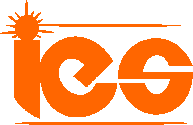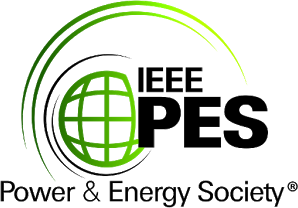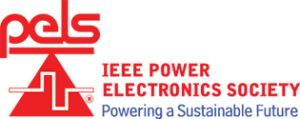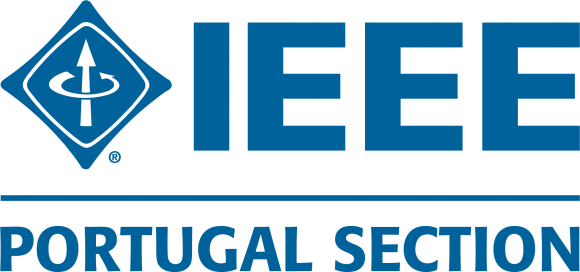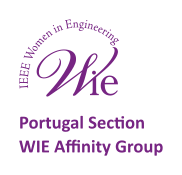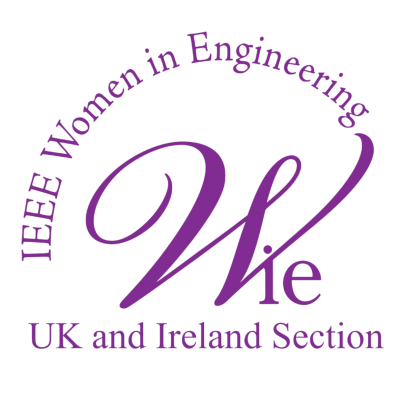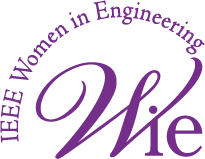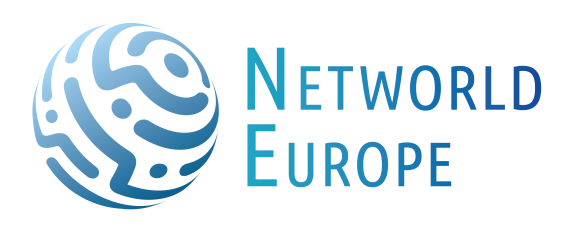1st IEEE Workshop on Advancements in Metaverse and IoT
Track ID: Work-09
Description
The metaverse is a virtual reality world where users can create and tailor their avatars and interact with each other in a digital environment. On the other hand, the Internet of Things (IoT) is a network of Internet-connected physical devices, such as smart home appliances, wearables, and smartphones, that can connect with each other. By incorporating IoT devices into the metaverse, users can handle and regulate a range of smart devices within the virtual world, generating a fresh form of connection between the digital and physical realms. As an example, users can manipulate their home's temperature or lighting using their metaverse avatars. The integration of IoT devices can also improve the immersive experience of the metaverse, contributing to more personalized and interactive experiences for users. Moreover, the metaverse provides a unique opportunity for testing and deploying IoT applications in a simulated environment. For instance, urban planners can use metaspace to simulate and assess the effectiveness of IoT sensors, traffic signals, and other urban infrastructure before implementation in the physical world. However, integrating the metaverse and IoT also poses numerous research and development difficulties, including issues surrounding data privacy and security, technical compatibility, and user adoption. This workshop aims to explore the intersection of Metaverse and IoT and to uncover their mutual benefits and challenges. The workshop will facilitate discussions, demonstrations, and collaborative projects that investigate the integration of the metaverse and IoT and analyze their potential applications in various industries.
Objectives and Motivation
The integration of IoT and Metaverse has the potential to transform our digital interaction and bridge the gap between physical and virtual realms. Nevertheless, fully realizing and optimizing the potential of combining these technologies requires overcoming numerous challenges. To explore this intersection, we propose a workshop that will investigate how IoT technologies can enhance the Metaverse experience and foster a more cohesive virtual world.
Workshop Content
The workshop proposed in this paper targets practitioners, researchers, and enthusiasts in the field of metaverse, IoT, and related disciplines. Participants are expected to possess foundational knowledge of IoT and metaverse technologies. Topics may cover but are not limited to:
- Architecture and System Design
- Resource Allocation in IoT.
- Deep Learning Techniques for IoT.
- Emerging IoT Applications.
- Multimedia Technologies for Metaverse.
- Improving metaverse with edge computing.
- Digital twin modeling and rendering
- Quality of service and quality of experience
- Green IoT and Metaverse.
- Security, Privacy, and Trust in IoT and Metaverse
- Decentralizing IoT and Metaverse control.
- Trends emerging in IoT and Metaverse.
- Applications and case studies of IoT in Metaverse
Tentative Timeline Schedule
Important Dates:
- Deadline for Paper Submissions: July 30th, 2023
- Acceptance Notification: September 8th, 2023
- Deadline for Camera-Ready Paper Submissions: September 29th, 2023
- Deadline for Presentation Submissions: October 2nd, 2023
The manuscript should comprise a total of six (6) pages. Upon acceptance, authors can pay an additional fee to extend the length of their manuscript to a maximum of eight (8) pages, which includes an allowance of up to two (2) extra pages beyond the standard limit.
Upon acceptance, you will receive a notification regarding the submission of the final version of your paper for publication in the Proceedings and IEEE Xplore.
Please submit your paper for this Workshop using the link to eWorks:
Call For Papers:
If you have any questions, please contact Dr. Zhi Liu: liu@ieee.org
Intended Audience
The workshop proposal targets practitioners, scholars, and enthusiasts interested in Metaverse and IoT technologies. Participants are expected to have fundamental knowledge of the aforementioned technologies and related fields.
Chairs
Zhi Liu: The University of Electro-Communications
Zhi Liu obtained his PhD from National Institute of Informatics, Japan in 2014. After that, he worked as an assistant professor in Waseda University and Shizuoka University Japan. In Oct. 2020, he joined The University of Electro-Communications, Tokyo, Japan, as a tenured associate professor. Dr. Liu focuses on the research of multimedia systems, including (immersive) video encoding, transmission and processing, and has developed new deep neural networks and optimization methods to provide users with high quality video services. The research results have been published in more than 150 prestigious IEEE journal and conferences papers, including more than 70 IEEE journal papers. Dr. Liu is also actively contributing to the society. He is serving or has served Area Chair of IEEE ICME23, Co-chair of the GLOBECOM 2023 Symposium on Communications Software and Multimedia, track co-chair of IEEE VTC, workshop co-chair of IEEE HPSR22, TPC co-chair of IEEE INFOCOM23 workshop NG-OPERA23,TPC-chair of IEEE ICT-DM, to name a few. He is an IEEE senior member.
Liang Zhao: Shenyang Aerospace University
Liang Zhao received the Ph.D. degree in computing from the School of Computing at Edinburgh, Napier University, Edinburgh, U.K., in 2011.,From 2012 to 2014 before joining Shenyang Aerospace University, he was an Associate Senior Researcher with Hitachi (China) R&D. He is currently a Professor with Shenyang Aerospace University, Shenyang, China. He has authored or coauthored more than 100 peer-reviewed papers. His research interests include intelligent transportation systems, vehicular ad-hoc networks, wireless mesh networks, and software-defined networking.,Dr. Zhao is a Guest Editor for journals such as IEEE Transactions on Network Science and Engineering and Springer Journal of Computing. He was the recipient of the best/outstanding paper awards at 2015 IEEE International Conferences on Ubiquitous Computing and Communications (IEEE IUCC), 2013 ACM International Conference on Advances in Mobile Computing and Multimedia, and 2020 IEEE International Symposium on Parallel and Distributed Processing with Applications. He was the Chair and Co-Chair of more than 20 international conferences and workshops such as 2021 IEEE International Conference on Trust, Security and Privacy in Computing and Communications (Program Co-Chair) and 2020 IEEE IUCC (General Co-Chair)
Yuanlong Cao: Jiangxi Normal University
Yuanlong Cao received the B.S. degree in computer science and technology from Nanchang University, Nanchang, China, in 2006, the M.S. degree in software engineering from the Beijing University of Posts and Telecommunications (BUPT), Beijing, China, in 2008, and the Ph.D. degree in communication and information system from the Institute of Network Technology, BUPT, in 2014.,He was an Intern/Software Engineer with BEA TTC, IBM CDL, and DT Research, Beijing, China, from 2007 to 2011. He is currently an Associate Professor with the School of Software, Jiangxi Normal University, Nanchang, China. His research interests include multimedia communications and next-generation Internet technology.,Dr. Cao has served as the Technical Reviewer for several journals, including the IEEE Transactions on Industrial Informatics, IEEE Transactions on Cognitive Communications and Networking, IEEE Access, etc.
Wei Zhao: Anhui University of Technology
Wei Zhao (Member, IEEE) received the Ph.D. degree in applied information science from Tohoku University, in 2015. He was an overseas Researcher under the Postdoctoral Fellowship of the Japan Society for the Promotion of Science” (JSPS) with Prof. T. Hara at Osaka University. He is currently an Associate Professor with the Anhui University of Technology, China. His major research interests include wireless mesh networks and mobile ad hoc networks. His articles received best paper awards at GLOBECOM 2014 and WCSP 2014.




